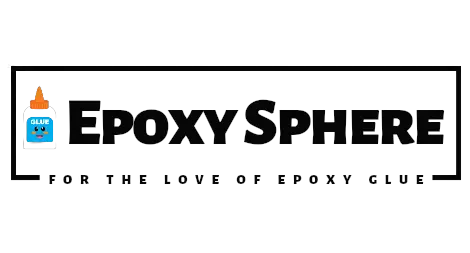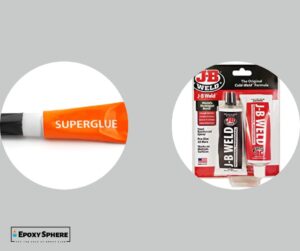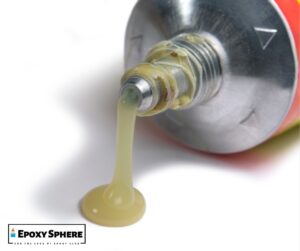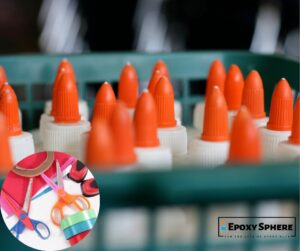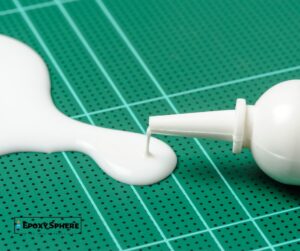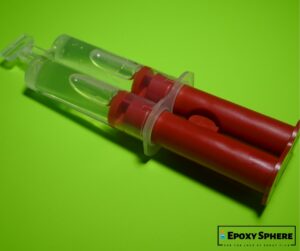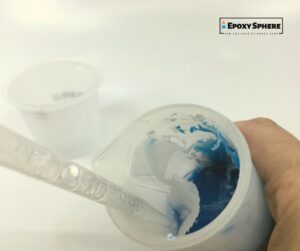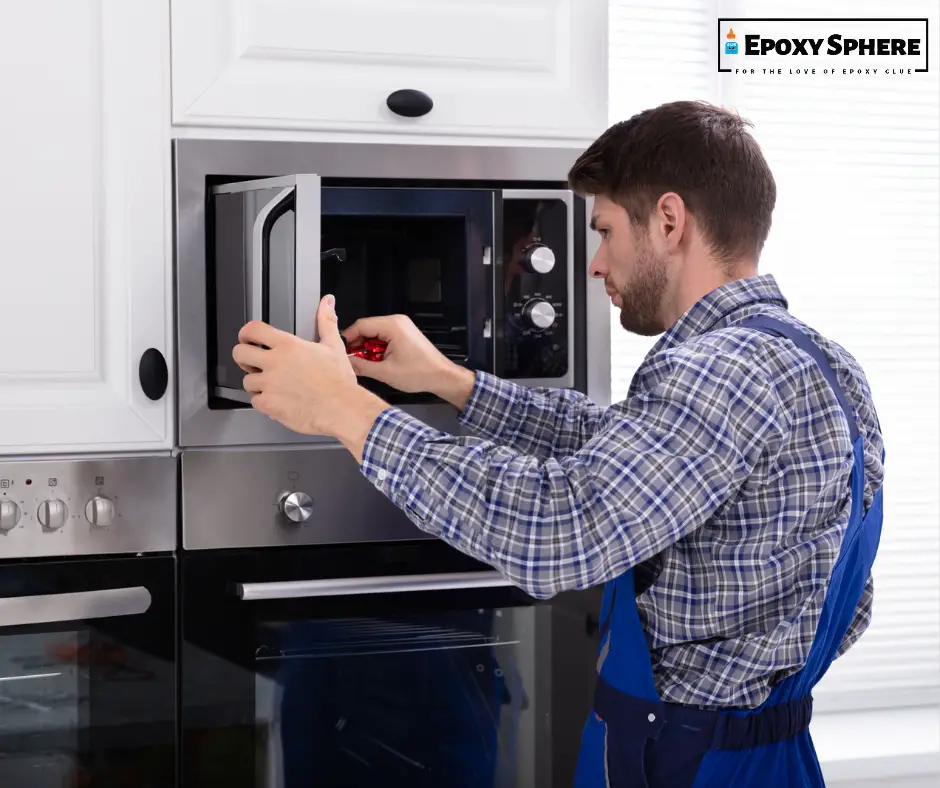
There are a lot of different super glues and epoxies on the market, but not all of them are safe to use in the microwave. In fact, some can release toxic fumes when microwaved. So, is there a microwave-safe superglue or epoxy?
The answer is: it depends. Some super glues and epoxies are specifically marketed as being microwave safe, while others may not be specifically labeled but are still safe to use in the microwave. It’s always important to read the instructions carefully before using any type of adhesive in the microwave.
In this post, we’ll inspect what you need to know about using super glue and epoxies in the microwave.

Is there a Microwave Safe Super Glue or Epoxy?
There are a few different superglues and epoxy on the market, but not all of them are microwave safe. If you’re looking for glue or epoxy that can be used in the microwave, check the label before you buy.
Here are seven microwave-safe types of glue and epoxies to consider:
- E6000
- Loctite Ultra Gel Control
- Gorilla Glue White
- JB Weld 8265S
- 3M Scotch Weld EPX System
- Devcon 5-Minute Epoxy
- DOWSIL 3-6096
What Adhesives Are Heat Safe?
The adhesive that is regarded as “heat-safe glue” can withstand temperatures between 200 and 500 degrees Fahrenheit. Most objects made of metal, plastic, glass, and wood are repaired using heat-safe glue.
How to Choose the Right Super Glue or Epoxy for Your Needs
When it comes to super glues or epoxies, there are a lot of choices on the market. So, how do you know which one is right for your needs? Here are 10 things to keep in mind when choosing the right adhesive for the job:
- Decide if you need super glue or epoxy.
- Make sure you know the surface you’re working with and whether it’s porous.
- Consider what you’re sticking together. If it’s a brittle material, you’ll need stronger glue.
- Think about the environment. You’ll be using the adhesive. Some adhesives work better in extreme temperatures than others.
- Consider how long you need the bond to last. Not all adhesives are created equal in terms of strength.
- Make sure you understand the application process for each adhesive and make sure you’re comfortable with it before making a purchase.
- Check to see if the adhesive is microwave safe or not. Not all of them are
- Make sure the adhesive is safe to use around children and pets.
- Read up on the potential hazards involved with using each adhesive and take steps to avoid them.
- Finally, once you’ve chosen an adhesive, test it out on a small project before using it on something bigger!
Tips for Using Super Glue or Epoxy in a Microwave
Now that we know that super glue and epoxy can be used in the microwave, here are 12 tips to make sure you do it safely and effectively:
- Always read the instructions.
- Make sure your work surface is clean and dry.
- If using super glue, make sure the surfaces are close together.
- If using epoxy, apply a thin coat to each surface.
- Use a toothpick or other sharp object to mix the two parts together.
- Apply epoxy to one surface, then press the other surface onto it.
- Hold for 30 seconds to one minute.
- Wipe off any excess with a paper towel.
- Let it dry for 24 hours before using it again in the microwave.
- If the surfaces are not permanently attached after 24 hours, reapply the epoxy and let it dry for another 24 hours.
- If there’s still no improvement, it’s time to get a new glue or epoxy formula.
- Never try to microwave a container or bottle with super glue or epoxy in it. The heat will cause it to explode!
Frequently Asked Questions about Microwave Safe Glue or Epoxy
Here are some of the most frequently asked questions about whether super glue or epoxy is microwave safe:
1. Is there a super glue or epoxy I can use in the microwave?
There isn’t a single superglue or epoxy that is specifically designed for use in the microwave. However, some glues and epoxies are microwave safe, as long as they are specifically labeled. If you’re not sure whether a particular glue or epoxy is microwave safe, it’s best to avoid using it in the microwave.
2. Can superglue be used in a microwave?
While most common materials can be adhered using super glue, cotton, wool, and objects that will be used in a dishwasher, microwave, or oven should not be. Keep in mind that superglue is usually not food safe.
3. Is Epoxy Safe for Microwaves?
Epoxy resin that has been properly cured can be regarded as microwave-safe because it does not heat up when placed in the microwave. The epoxy you intend to use might not be properly cured, and the substance that is bound to the epoxy might behave differently when heated in the microwave.
4. Is superglue heat resistant?
If you’re looking for a super glue that can endure high heat, try VA 180 HT Super Adhesive. This cyanoacrylate glue, as its name suggests, can withstand temperatures up to 180 °C. This makes it one of the superglues that can withstand the highest temperatures.
5. Can I use E6000 in the microwave?
Gorilla Glue can be used in the microwave, but it is not considered safe. The best glues for plastic, glass, metal, ceramic, paper, wood, and fabric are all different. Hot glue should not be used in the microwave. E6000 can be used in the microwave, but it is not considered safe.
Conclusion
There is no definite answer as to whether or not there is a microwave-safe superglue or epoxy, but it is generally recommended to avoid using these products in the microwave.
If you’re in a bind and need to use super glue or epoxy in the microwave, it is important to do a small test to see how your particular product reacts.
Even if your product doesn’t heat up or smoke, it’s still important to be cautious and only use it for a very short amount of time. Superglue and epoxy can both be incredibly dangerous if they’re overheated, so it’s always best to play it safe.

Hi, This is John Davis. After years of working in the construction industry, I decided to create a website that would provide people with information about glue and its exceptional uses. I hope You find it useful
